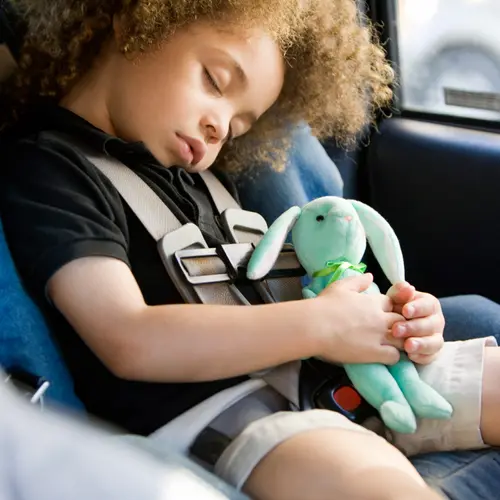When your child is at preschooler age, choosing the ideal schooling option for your little one is one of the first important decisions you’ll be taking as a parent, which could be exciting as well as daunting. Choosing a preschool will also depend on where you live. Hopefully, you’ll have several options to choose from.
Although having so many options gives you enough flexibility to choose the best preschool, at times, doing so can be confusing as well. So, what are the aspects that you must keep in mind when you choose a preschool for your child?
How Does Your Child Spend an Average Day at Preschool?
Get insights into some of the activities that the preschool you are considering offers. Check whether their activities revolve around outdoor tasks which involve more movement or whether your child will be stationary for longer durations. Inquire about the preschool curriculum and how it will reinforce your child’s development.
It’s also good to know if your child will be using any electronic devices and, if so, what kind of exposure they will have and whether it will be supervised. At the end of the day, you will have to be satisfied and comfortable with the learning environment in the preschool and determine whether it is the best for their development.
Also, check the meal schedule in the preschool and whether the school provides food or they expect you to pack food for your child.
It’s also good to understand the pick-up and drop-off system to avoid any confusion.
How Safe Are Your Children?
Check the security measures that the preschool has in place to make sure that your child is safe. A very easy way of doing this is to visit the preschool yourself and check how easy it is for visitors to access the student areas.
Verify if someone is sitting at the front desk to monitor movements and allow access to bona fide people while preventing any unauthorized entry. Verify who is allowed inside the school premises and when.
You should also check whether the school has been child-proofed. This includes keeping children from objects that can cause harm, such as scissors and other tools, and also preventing kids from accidentally locking themselves up in a room or any other area within the school.
How Many Students Does Each Class Have?
Although some regions have guidelines regarding the teacher-to-student ratio, some others may not. Make sure that your child’s class is not too crowded so that they get timely attention from their teacher. Also, make sure that you communicate any specific needs or allergies that your child may have to the teacher so that they can take appropriate precautions.
Prepare a list of things that you think are essential for your child and share it with the school to know whether they’ll be able to cater to them.
Is the Preschool a Good One?
Before you decide on a preschool, check whether they are authorized and qualified to teach the program in which you wish to enroll your child. You can also check your state’s website to compare the quality of various preschool programs. Another criteria to monitor is whether the instructors have undergone a thorough background check.
Are the Instructors Qualified?
You must also check the qualifications of all the teachers and instructors and see if they are adequately trained to handle emergencies, including giving CPR to children, administering medications, and overseeing critical aspects of child development.
An important point is to understand the percentage of teachers who leave their jobs at the preschool: i.e., the turnover rate. If this number is high, your child may have to adjust to multiple teachers.
High turnover also reflects poorly on the quality of the program or the institution.
How Involved Would the Parents Need To Be?
It’s important to have regular communications with the preschool. Check how the preschool plans to involve you and how frequently they provide updates about the performance and progress of your child. You must also consider who would be providing these updates and how they plan to do so. Having one-on-one conversations with the teachers who are interacting with your child every day can be very helpful.
With the increasing use of technology, many preschools have cameras installed in every classroom and provide live updates through apps. Installing cameras in classrooms has its pros and cons. While this enables constant monitoring of your child’s activities, it must be used responsibly. See if you’re comfortable with having your child attend a preschool or daycare that has cameras.
Is Your Child Potty-Trained?
If your child is not toilet-trained, it is better to communicate this to the preschool. Sometimes, even if your child has been trained, a change in the surroundings could affect your child’s usual habits and behavior.
Ask the teachers at the preschool if you would need to provide any supplies to clean up after your child. If you haven’t yet trained your child, you can ask the school about how often they usually take the kids to the bathrooms and whether children are under supervision when they are taken there. Some preschools are happy to train children when it comes to handling potty-related situations.
What Are the Hygiene and Sick Leave Policies?
Since many items in the school such as toys and stationery will be shared amongst the kids, you should ask about how often they are sanitized to prevent the spread of germs. This is another thing you can ask about during your visit to the preschool.
Since preschool may be the first real external environment faced by your child, there are chances of catching an unexpected cold or virus. Learn from the preschool what is expected of you in such situations and whether the school needs a certification from their doctor before your child can return and if they recommend any vaccinations for attending children.

